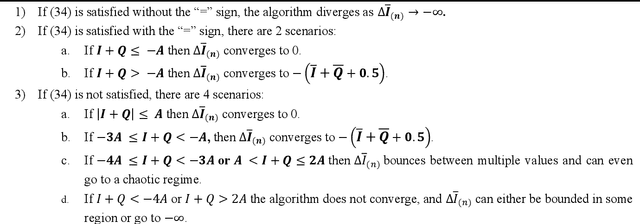Single-ended Coherent Receiver
Paper and Code
Sep 12, 2021



Commercial coherent receivers utilize balanced photodetectors (PDs) with high single-port rejection ratio (SPRR) to mitigate the signal-signal beat interference (SSBI) due to the square-law detection process. As the symbol rates of coherent transponders are increased to 100 Gbaud and beyond, maintaining a high SPRR in a cost-effective manner becomes more and more challenging. One potential approach for solving this problem is to leverage the concept of single-ended coherent receiver (SER) where single-ended PDs are used instead of the balanced PDs. In this case, the resulting SSBI should be mitigated in the digital domain. In this paper, we show that SSBI can be effectively mitigated using various low-complexity techniques, such as the direct filed reconstruction (DFR), clipped iterative SSBI cancellation (CIC) and gradient decent (GD). In addition, we present a self-calibration technique for SERs which can be extended for characterizing the optical-to-electrical (O/E) response of a conventional balanced coherent receiver (BR). Using the developed techniques, we then experimentally demonstrate a 90 Gbaud probabilistically constellation shaped 64-QAM (PCS-64QAM) transmission using a SER, achieving a net data rate of 882 Gb/s over 100 km of standard single mode fiber (SSMF). The sensitivity penalty compared to the BR is below 0.5 dB. We expect that when the symbol rate is increased further, a SER can potentially outperform a BR, especially when applied to cost-sensitive commercial pluggable coherent transceivers
 Add to Chrome
Add to Chrome Add to Firefox
Add to Firefox Add to Edge
Add to Edge